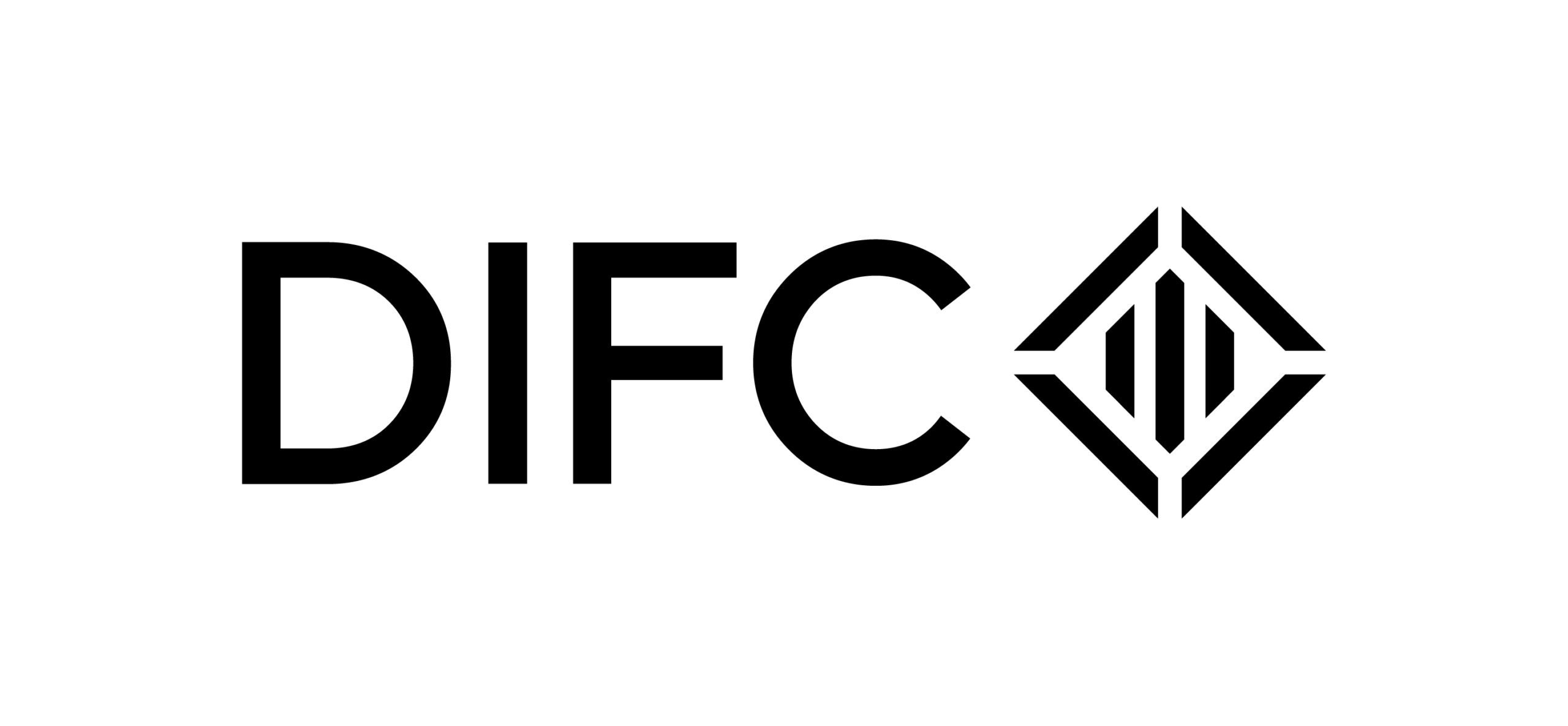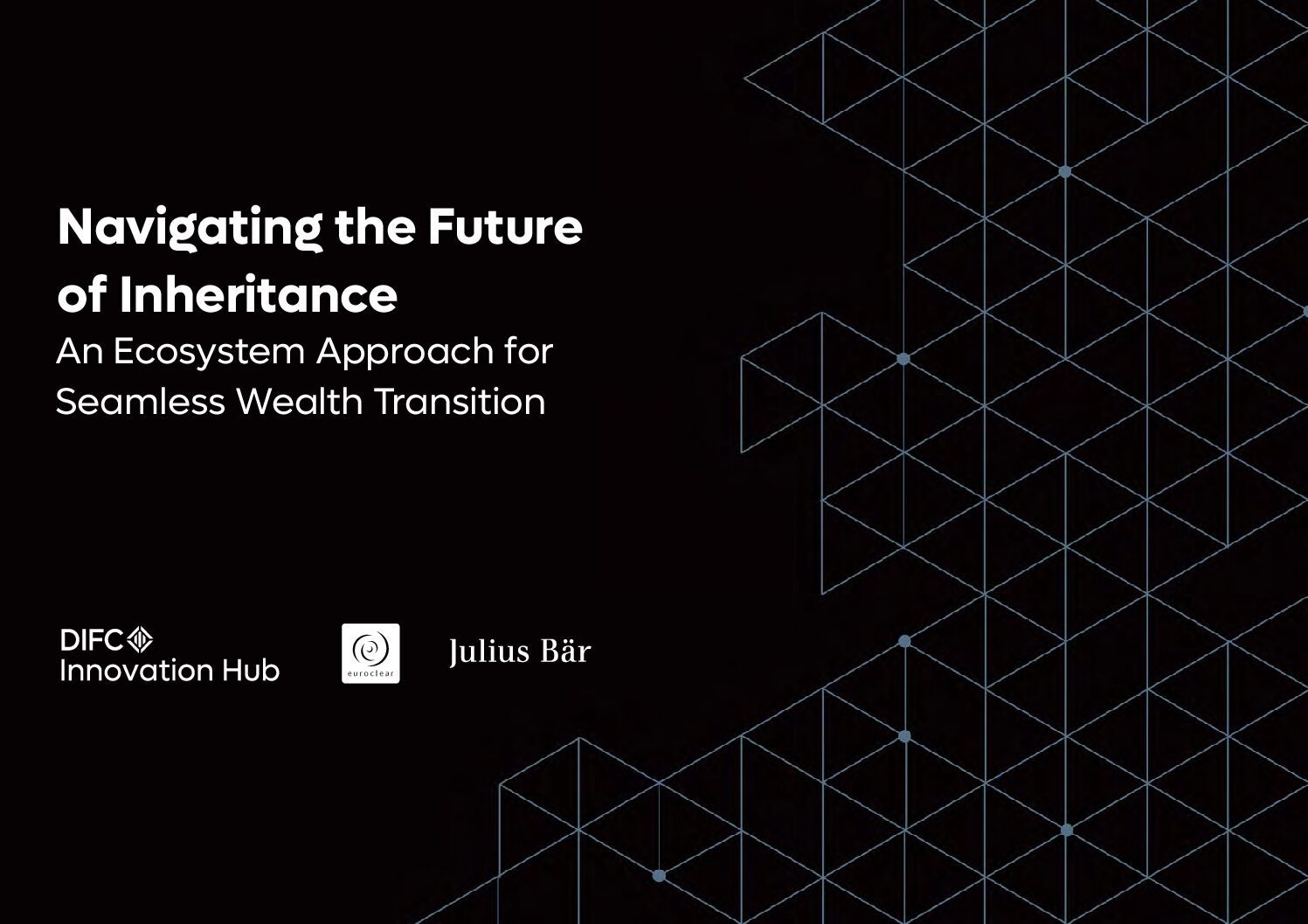
The population of wealthy individuals in Dubai alone increased from 54,000 in June 2021 to 67,900 in June 2022. The UAE is also projected to see a 39% increase of high-net-worth-individuals (HNWIs) by 2026, to over 228,000, according to a Knight Frank report.
So, what is spurring this growth?
Dubai’s strategic location serves as a bridge between the East and West, making it a premier hub for international trade and investment. Investors based in Dubai have access to $8trn of private wealth across the Middle East, Africa and South Asia and exponential growth opportunities through Dubai International Financial Centre’s (DIFC) ecosystem of more than 300 wealth and asset management companies, an exceptional talent pool of more than 36,000 people, combined with unparalleled market access.
The city’s robust economy, business-friendly environment and political stability further enhance its appeal to HNWIs seeking opportunities for wealth creation and expansion. Moreover, Dubai’s state-of-the-art infrastructure, unbeatable lifestyle offerings, high-quality education, healthcare and cosmopolitan culture provide HNWIs with an exceptional quality of life. DIFC, with its globally recognised regulatory framework, robust English Common Law legal system and world-class financial services, has established itself as a trusted financial centre, attracting HNWIs who value security, transparency and access to a wide range of investment options. Combined, these factors make Dubai and DIFC an attractive destination for HNWIs looking to establish or expand their businesses, invest their wealth and enjoy a prosperous lifestyle.
Family businesses on the rise
Family wealth is also growing at pace with an increase of 20% in the region in 2021 compared with 11% globally. Around 41% of this wealth came from ultra-high-net-worth individuals and family offices in 2021, and that percentage is expected to grow to 46% by 2026, according to Forbes.
In the Middle East, family-owned businesses are a crucial part of the economy, contributing 60% of the gross domestic product and employing 80% of the workforce, according to KPMG.
While a critical component to the economy, family businesses face challenges with wealth management, decision-making and succession planning. A survey from bank Lombard Odier found that 87% of HNWIs in the Middle East believe their family businesses are set up for efficient wealth transfer, but only 24% have a full estate plan in place. Family offices rarely make it past the third generation because of ownership dissolution and challenges around decision-making and succession planning.
“Family businesses are uniquely complex and require different services and handling than other types of businesses,” Arif Amiri, the CEO of DIFC Authority, wrote in an op-ed for Dubai-based Arabian Business magazine. “Some family businesses may only have been operating for one to two generations and may not have the established processes in place to adequately manage their wealth and wealth transfer processes.”
For wealthy families, foundations can be the perfect vehicle to manage a multigenerational legacy. Family foundations made up more than half of all private foundations a decade ago.
Foundations can help create a legacy to leave behind while also making a lasting impact and funding future changemakers.
The wealthy in the UAE are increasingly setting up foundations to structure and preserve their wealth in the future. One local law associate told local news in January that he had seen inquiries triple since January 2022. Foundations are hybrid entities that combine features of a private company and a charitable trust. DIFC’s strong regulatory framework adheres to international best practices and grants the foundation its own legal identity, distinguishing it from traditional trusts. This unique set-up allows the foundation to function akin to a common-law trust while also reaping the advantages typically associated with companies. There are around 500 foundations in the UAE and that number is expected to climb as HNWIs continue to flock to Dubai.
New growth enabling initiatives at DIFC
DIFC is continuously innovating and advancing its ecosystem to help families manage their wealth. The new DIFC Family Wealth Centre and Family Arrangements Regulations 2023 were developed to help DIFC-based family offices grow and manage their wealth efficiently.
“With a focus on transparency, accountability and stability, these regulations provide a comprehensive framework that will allow our clients to operate with confidence, knowing that their interests are protected by the highest level of legal and regulatory oversight,” Jacques Visser, chief legal officer at DIFC Authority, said at the time.
The DIFC Family Wealth Centre, launched earlier this year, and the first of its kind in the world, provides best-in-class and tailored services for families with a long-term vision and global ambitions. The centre accompanies and supports family businesses in their journey to successfully preserve and grow their legacies across generations, as well as geographies.
The DIFC Family Wealth Centre’s extensive remit includes providing advisory and concierge services; certification, advisor accreditation and education; outreach and high-end networking; undertaking research and issuing publications; and dispute resolution assistance.
“The DIFC Family Wealth Centre provides a world-first in the end-to-end service requirements of family businesses, ideally located in one of the most attractive cities in the world to do business in,” writes Christian Kunz, the chief strategy, innovation and ventures officer at DIFC Authority.
Find out more about DIFC’s Corporate Structures here.



